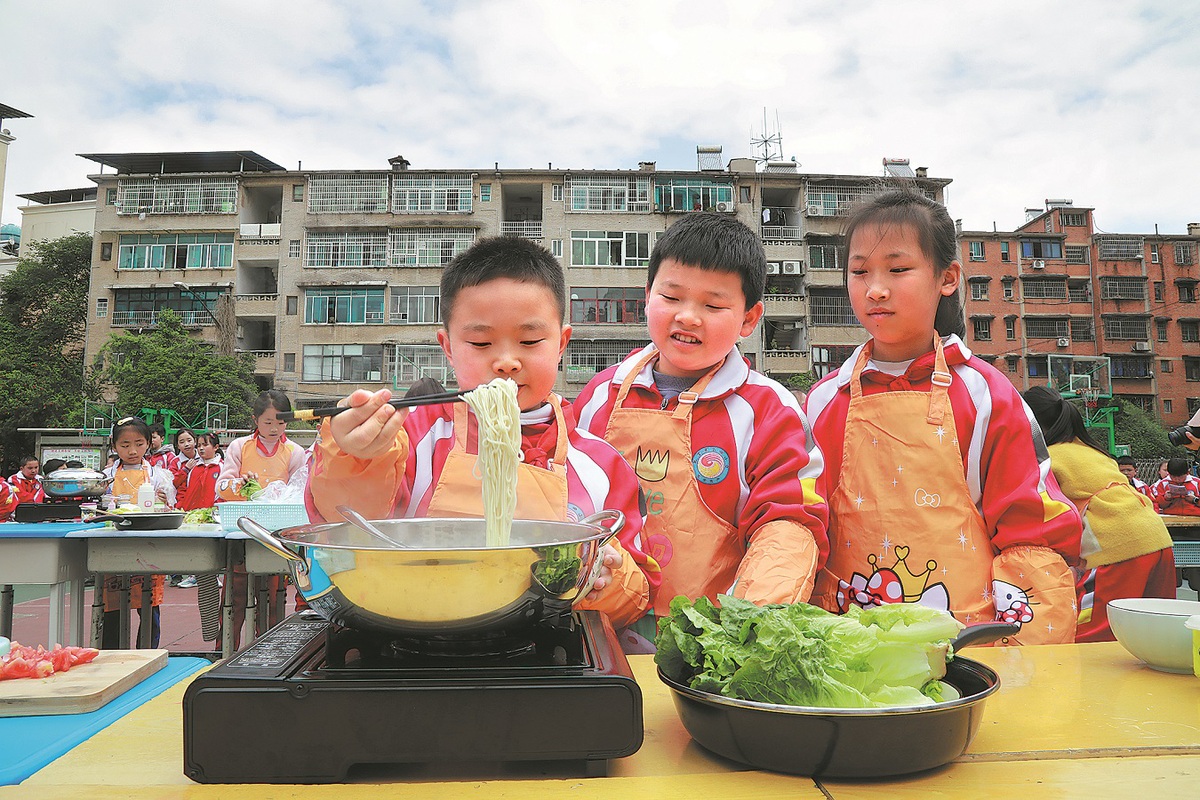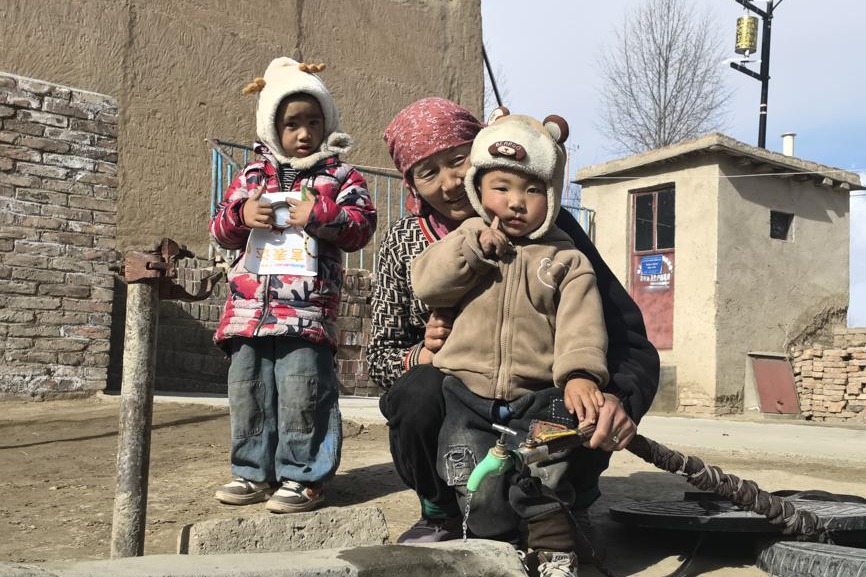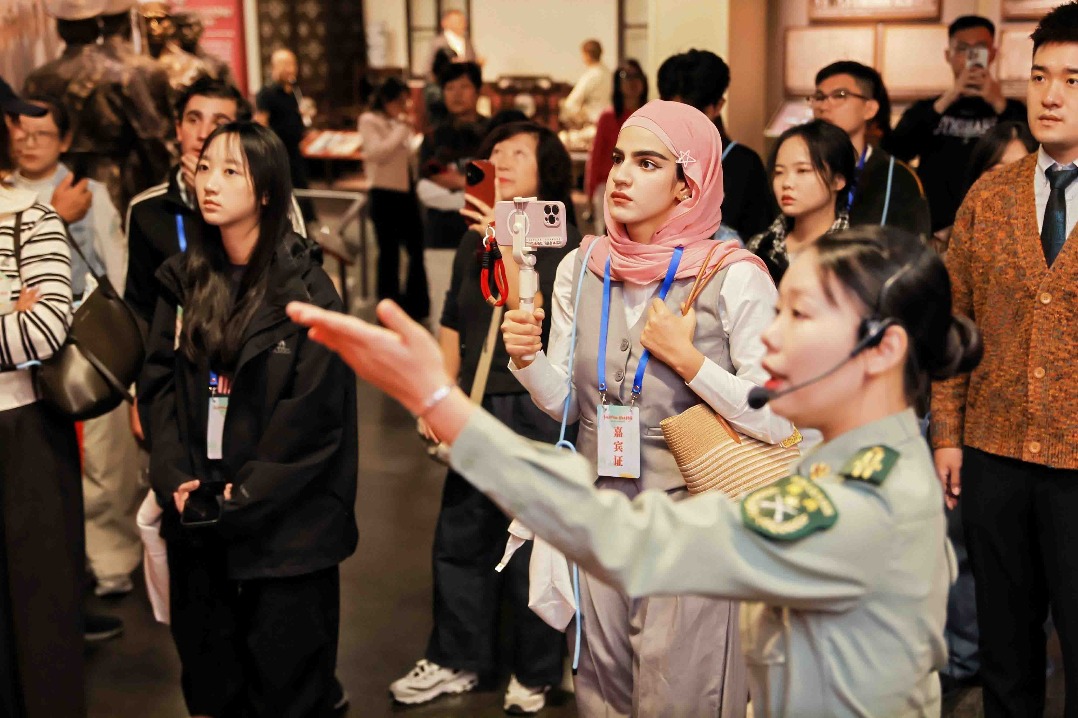Guizhou to develop its Red culture resources


Guizhou will further develop Red cultural and educational resources to help students contribute to socialist cultural construction with Chinese characteristics, a national legislator said during the two sessions.
Zou Lianke, a deputy to the National People's Congress and director of the Guizhou Provincial Education Department, said the province will give better play to the educational roles of Red resources in promoting Chinese history and culture.
Guizhou boasts abundant Red culture resources as it saw the longest duration and widest range of actions by the Red Army during the Long March, while the Zunyi Conference, held in the province, marked the turning point in the Party's history.
"It is imperative to continue organizing the lecture series across the provincial education system that involves hundreds of Party secretaries, thousands of teachers, and tens of thousands of students," Zou said.
The Long March-themed immersive digital experience hall and the national cultural park should be better utilized to leverage the educative power of Red cultural resources, he said.
Ethnic cultures need to be cultivated through activities such as introducing intangible cultural heritage into campuses, and enriching content related to ethnic traditional arts, folk dances, ethnic sports and traditional craftsmanship.
"The activities aim to guide teachers and students of all ethnic groups to experience the diverse Chinese culture," Zou said.
Students and teachers will be encouraged to spread the unique Tunbao culture, based on villages built inside stone walls by soldiers during the early Ming Dynasty (1368-1644), through various forms such as online literature and documentaries.
"They are expected to enhance their historical confidence in the Tunbao culture by protecting it," he said.
As education plays an essential role in promoting rural vitalization, Guizhou has prioritized the development of education in ensuring people's well-being, Zou said.
"We commit to an annual reduction of administrative expenses by no less than 5 percent and investing these funds into the education sector," he said.
In recent years, continuous efforts have been made to enhance learning conditions in rural areas and optimize the allocation of regional educational resources.
High-quality teachers will be encouraged to make contributions in rural areas to ensure that no one is left behind on the path of developing education, Zou added.
The province has also carried out special rectification related to student meals. Last year, Guizhou spent 3.9 billion yuan ($543 million) on nutritional meal subsidies, benefiting 3.9 million primary and secondary school students, Zou said.
Schools involved in the nutrition improvement plan in Guizhou can provide lunch with at least three dishes and one soup every day, featuring a diverse supply of fresh vegetables and ample provisions of meat, he added.
- Railway network handles record-high 3.95 billion passenger trips
- Arrest warrant for Shi Yongxin approved by prosecutors
- PLA conducts routine air patrol over South China Sea
- CCG patrols waters off the Diaoyu Islands
- Outrage, rebuke from across China as Japanese PM's erroneous remarks boil over
- Taiwan youths discuss paths to peaceful reunification



































